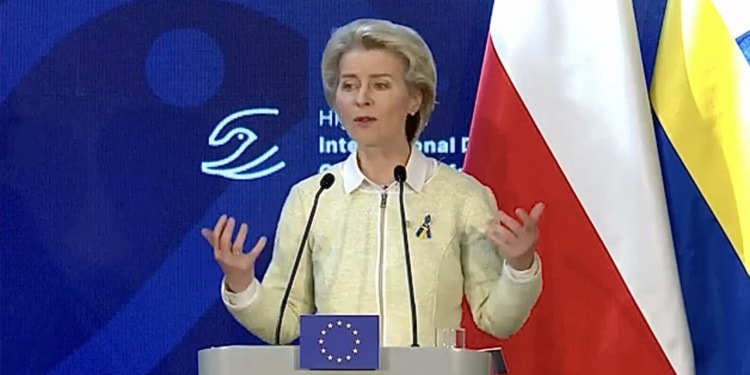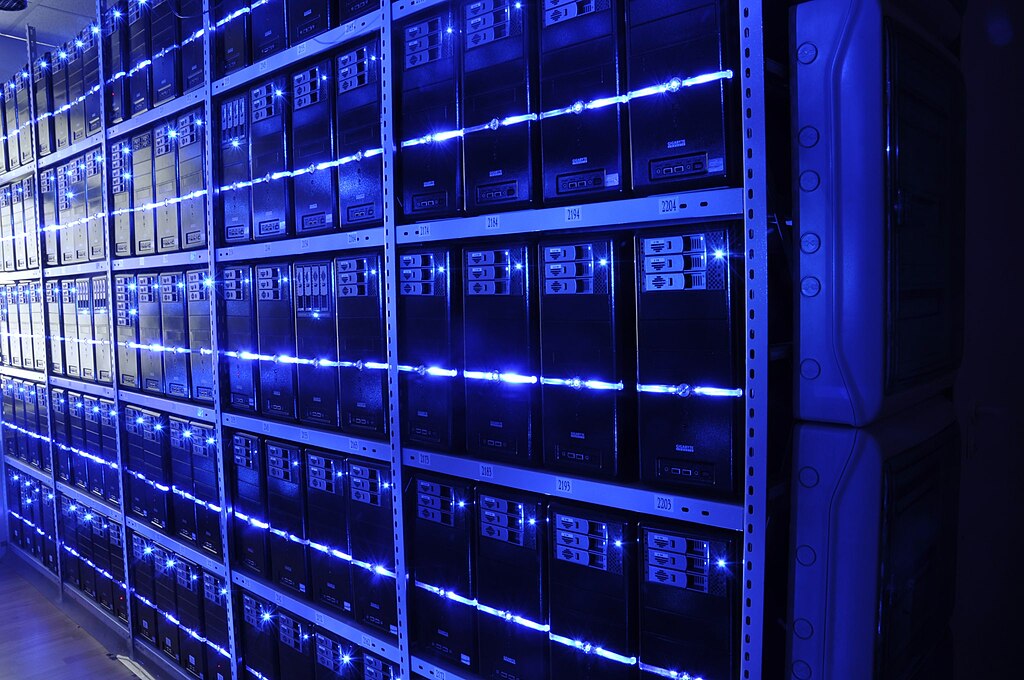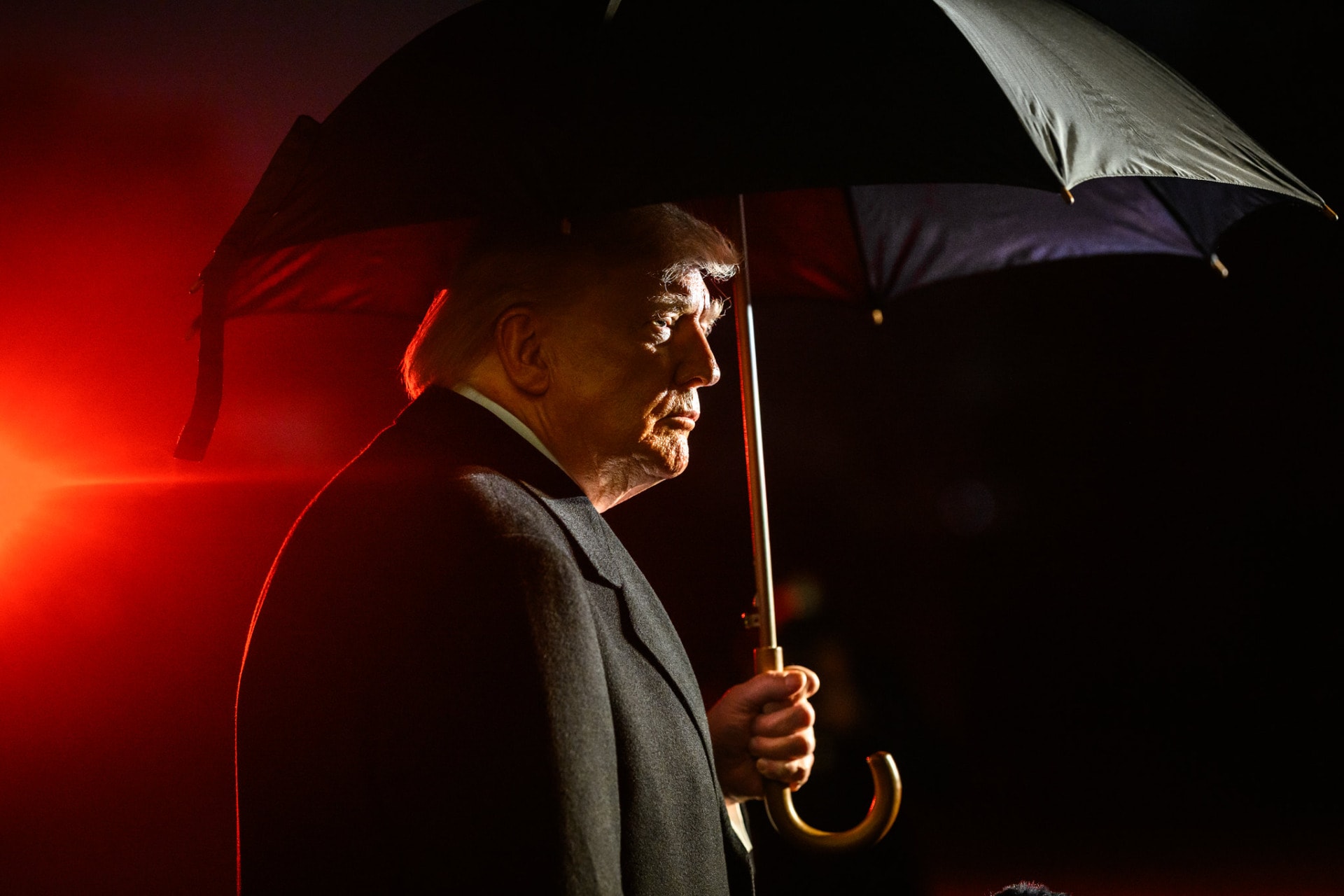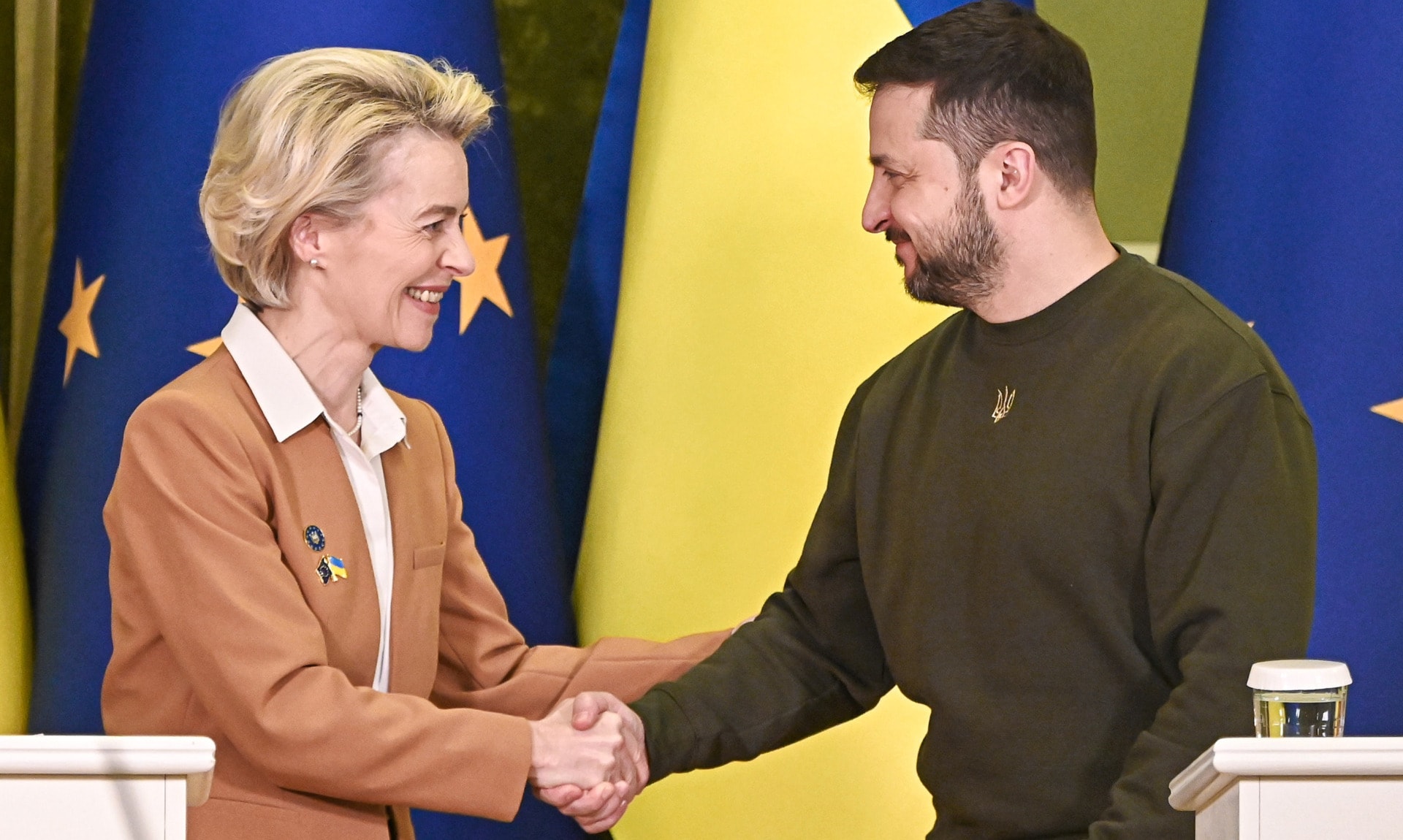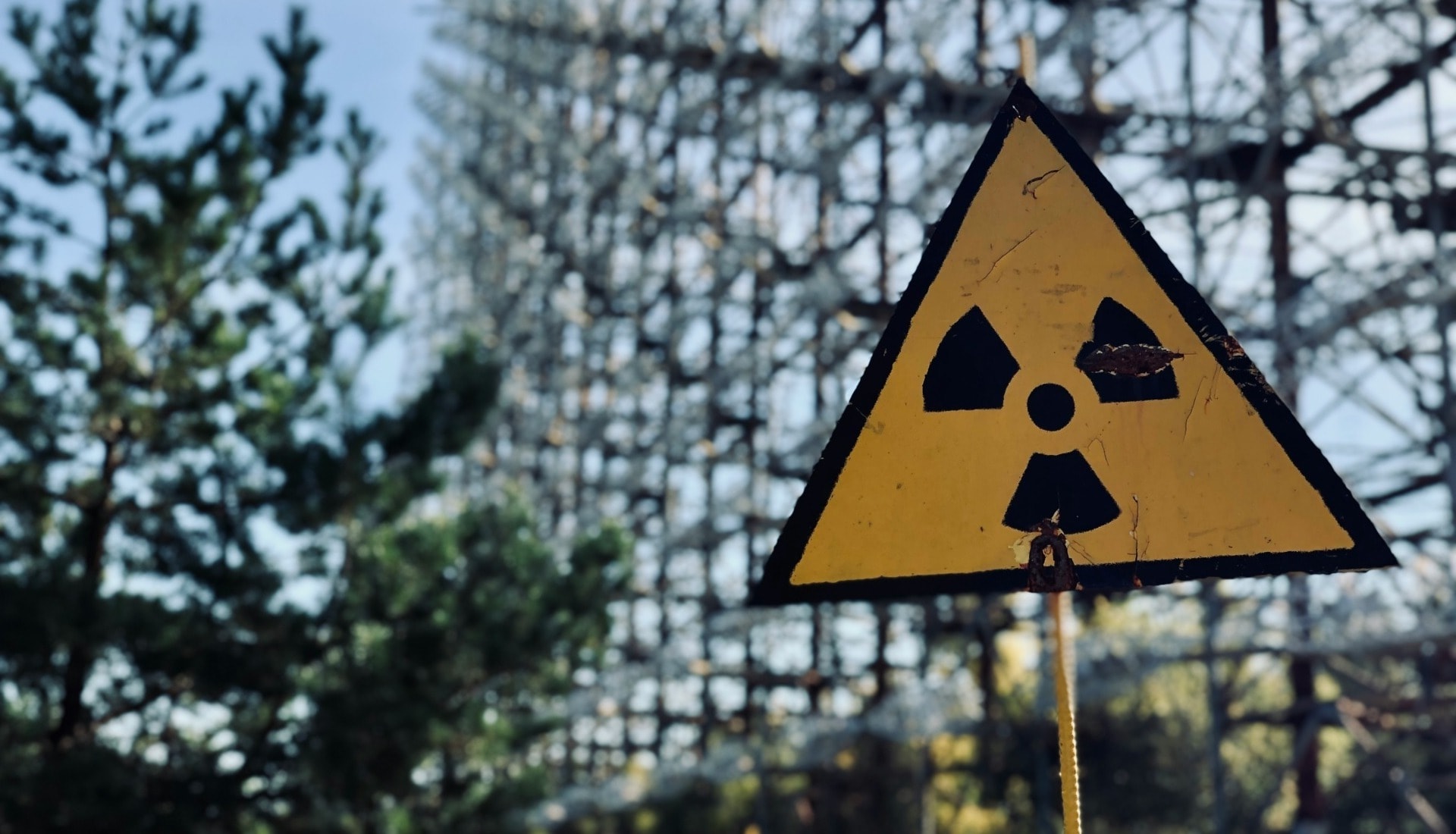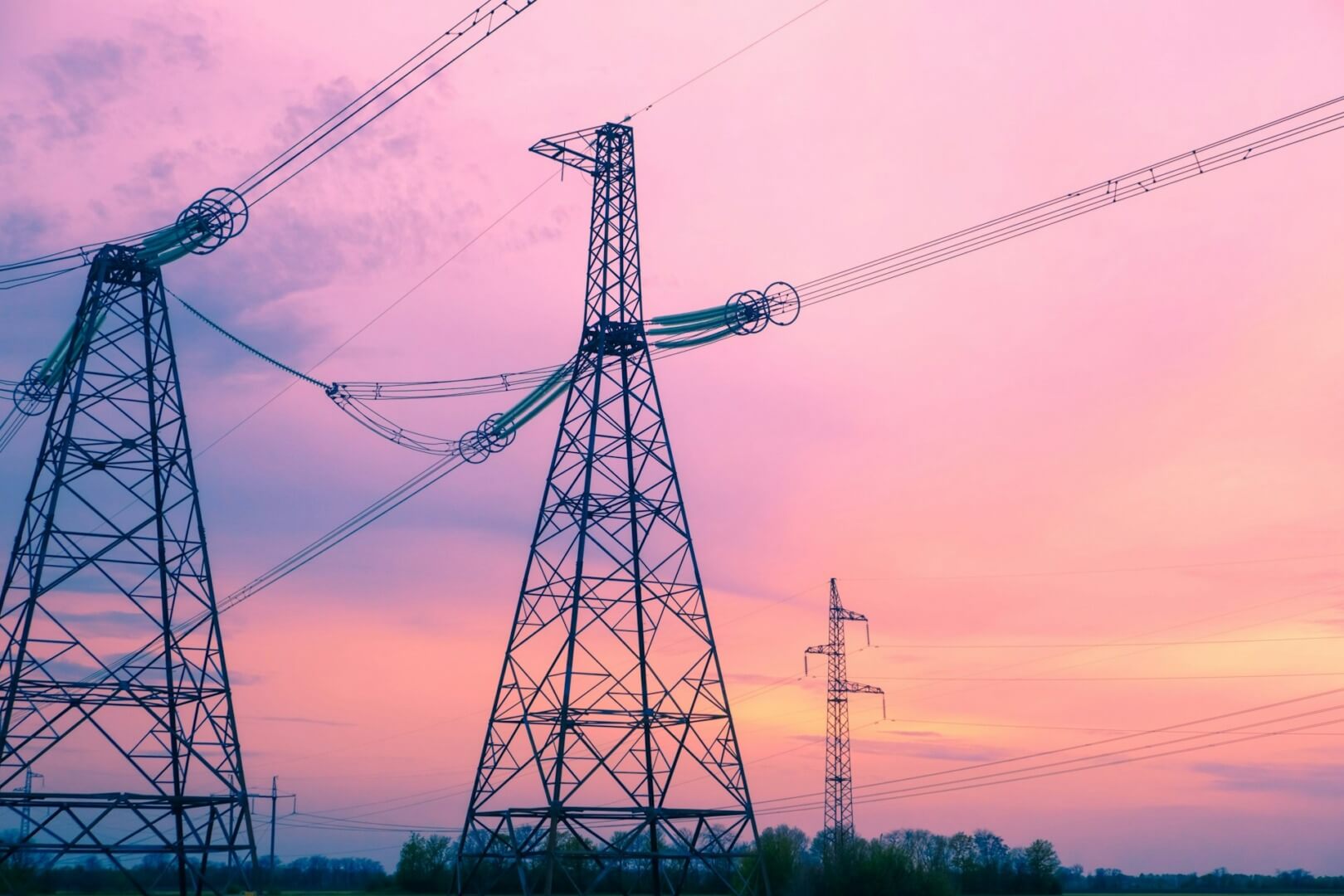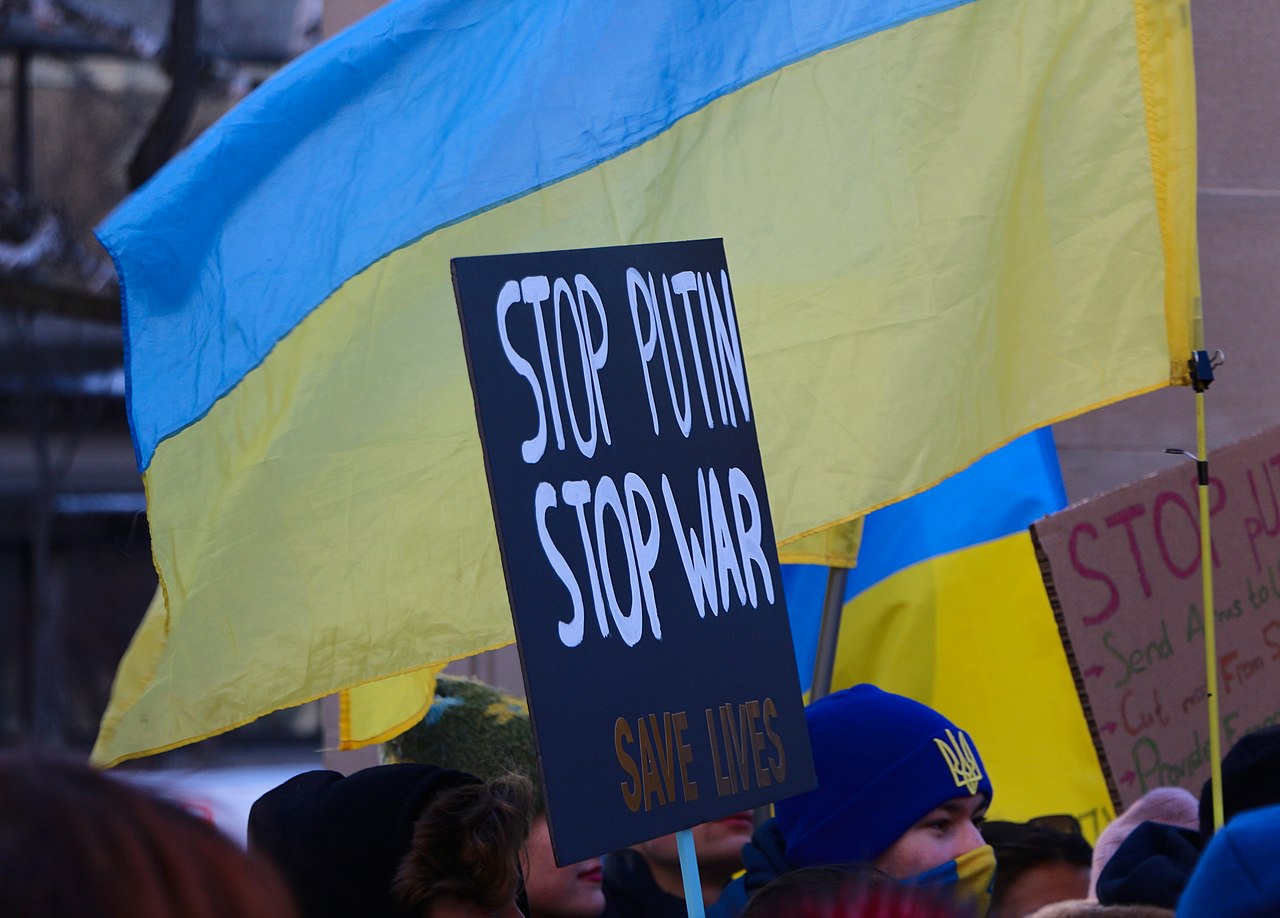Poland’s Prime Minister Mateusz Morawiecki said an International Donors Conference aimed at helping Ukraine deal with the economic and humanitarian fallout of Russia’s invasion, had raised € 7 billion. Reuters was more cautious and reported a figure around $6.5 billion.
The numbers have to be placed in context: President Biden has also announced he’d request from Congress $33 billion of additional aid to Ukraine that includes sizeable military aid, $20.4 billion, but also $8.5 billion in economic assistance for the Ukrainian government and $3 billion for food and humanitarian programs.
The convening of the High-level International Donors Conference for Ukraine that took place in Warsaw, Poland on May 5 is yet another step to call for additional assistance.
Co-hosted by the Polish prime minister Mateusz Morawiecki and the Swedish prime minister Magdalena Andersson, in cooperation with the Presidents of the European Commission and the European Council, the Conference was attended either physically or via video link by the 27 EU leaders, several non-European leaders, including Japan and Australia but not the US. The Conference was also attended by the heads of the major United Nations technical agencies, the International Red Cross and notably, this is a fairly unusual aspect, the private sector represented by three major segments, digital, medical and financial.
The most substantial pledges presented at the Conference came from France and the European Commission. announced an additional €300 million to the €1.7 billion it has already given to Ukraine (that figure includes military aid). European Commission President Ursula von der Leyen announced that the EU Commission would provide an aid package of €200 billion ($210 million) in humanitarian aid.
“Today we came together with a clear purpose: to support the brave people of Ukraine, who fight the aggressor and stand up for their freedom…We are now in the 10th week of Russia’s brutal invasion. 10 weeks during which the European Union stood firmly by Ukraine. Today, the European Union answered the call, once more, to support Ukraine. On behalf of the European Commission, I pledged 200 million euros for Ukraine. And last month, during a pledging event, raised 9.1 billion euros were raised for Ukrainians inside and outside Ukraine. We know that more will be needed. And we will continue to stand up for Ukraine.”
Ursula von der Leyen.
It is important to notice the numbers: The EU and Canada had already raised over €9 billion in humanitarian support of Ukraine and the limit of what is now possible to do may soon be reached.
Why humanitarian aid is urgently needed: A quarter of the Ukrainian population is displaced
In the 10th week since Russia’s brutal invasion, more than a quarter of the population have been internally displaced or forced to leave the country, many of whom are children, or people who have faced terrible treatment and conditions (according to the UNHCR ).
Ms von der Leyen stated that these were “10 weeks during which the European Union stood firmly by Ukraine”. Already, the EU has mobilised 4 billion euros in financial support since Moscow’s invasion of Ukraine in February.
On March the 17th, the European Commission convened with Canada at a global pledging event, and major international financial institutions pledged a joint statement to coordinate their responses to support Ukraine and its neighbouring countries, raising over 8-billion in assistance.
This move followed the perceived greater efficacy of providing funds and weaponry rather than installing sanctions on Russia for resisting Russian attacks.
Glad to announce a further €200 million in EU humanitarian aid for Ukraine at the Donors’ Conference.
With this new pledge we tell the people of Ukraine: your fight is our fight. We are with you.
https://t.co/CGDHDvW9py— Ursula von der Leyen (@vonderleyen) May 5, 2022
Thursday’s conference opened by discussing the situation in Ukraine (including the current and predicted needs), and then led to a pledging session, closing remarks, and a press conference. The moderator outlined the aims of the conference to be:
- a) An opportunity for everyone in the international community to announce new pledges, and allocations, to meet immediate humanitarian needs due to the war in Ukraine.
- b) A space to allow discussions on how to support the resilience of Ukrainian society and their longer-term needs – noting, “Let’s make sure we take the time to explore this together”.
The opening remarks from the Prime Ministers of Poland and Sweden then touched on the ongoing cooperation between Poland and Sweden as “long term allies”, as well as recurring mention of the value of Poland’s ‘extraordinary’ solidarity with Ukraine and the reception of its refugees. Most certainly, cooperation between Poland and Sweden has never been so important, as the conference allowed for real progress to be made in political, military, and humanitarian fields.
“Ukraine is not only fighting for their homeland but for ‘ours’; the Russian invasion of Ukraine has become a war on a massive scale that involves the whole of Europe…European words are not empty but backed with action” Mateusz Morawiecki, Prime Minister of Poland
Morawiecki stated that Ukraine needs 12,000 tonnes of humanitarian aid every day, much more than the 3,000 tonnes it is currently receiving.
Zelensky’s demands at the Conference: A Marshall Plan for Ukraine
The conference attendees also heard from President Zelensky via webcam, who stated that to reach joint victory, freedom must demonstrate that it protects and provides people better than tyranny. Money, technology professionals and growth of opportunity are needed, basing the restoration of Ukraine on the example set by Marshall Plan restoration of European countries after WWII.
The Prime Minister of Ukraine Dens Shmyhal then alerted to the serious damage to the Ukrainian economy and infrastructure that has already taken place, stressing that over a third of Ukrainian business has stopped. For Shmyhal, victory will require four things:
– Weapons (to protect Europe from the ‘aggressor’)
– Sanctions (to stop Russia from further financing the war)
– Financing (funding to support people and country)
– Euro integration (which he notes is the civilisational choice of Ukrainians)
In terms of financing, a recovery plan has been created that aims to rebuild what was lost and rebuild Ukraine as a new European country based on green technologies, European standards of construction, self-sufficient energy, and climatic modernisation. These developments will rely on financial development from EU integration.
As part of this, cities in Europe have dedicated themselves to helping specific regions, such as the UK pledging to help the Kyiv region.
“We need recognition in the European family now…we believe that the whole world will help us…this is not an allegory – we have created a Ukraine recovery fund”. Dens Shmyhal, Ukrainian Prime Minister
The response from Conference participants: UN system and Red Cross, international leaders and “big business”
The response from the Conference participants was surely disappointing from a Ukrainian standpoint, very far from providing a Marshall Plan.
The United Nations system and Red Cross response: Heads of UN technical agencies outlined what they have done so far within the limited funding made available to them, as well as calling for more funding so that the necessary further aid can be mobilised. The UN’s responses alert to the issues it faces in delivering humanitarian aid. Primarily, a lack of funding that impacts the efficacy of their operations.
The UN’s Humanitarian Affairs and Emergency Relief Coordinator, Martin Griffiths, spoke first as he is in charge of coordinating the whole range of UN system humanitarian aid, including inputs from all the major UN agencies such as the World Food Programme or the refugee agency. He gave an overview of the difficulties faced to evacuate civilians from Ukraine’s war zones, underlining the complexity of the operations taking place in 8 designated hubs.
Griffiths ended his intervention with a strongly-worded appeal for emergency aid asking for 2.25 billion for Ukraine. But he reassured the Conference stating that: “We’re here to stay”. Implicit is the promise that the UN system will continue to provide all the assistance it can, even if funding continues to fall short of what is needed.
Head of the UNHCR, Fillipo Grandi, outlined how the UNHCR has provided emergency shelter support, psychosocial support, and legal aid. However, he said that more humanitarian assistance is needed, more investment in housing solutions within Ukraine for the medium term, and cash programmes to support the Ukrainian government in its reconstruction and repair efforts, reinforce states hosting refugees, and finally. Grandi called for the ministers to do all they can to end this atrocious war. “We must continue to step up”
Director of the World Food Programme David Beasely: “What we are trying to do is bring in support for places lacking supply chains, and also bring in cash inflows and stimulate the local economy”. Beasley stressed the need to open the ports in Odessa in order to avoid total economic collapse in Ukraine, which could cause global devastation and famines.
Catherine Russel, Executive director of UNICEF, focused on the extreme impacts of war on children, and the difficulties of reaching children in Ukraine. UNICEF has sent huge supplies and protections to Ukraine’s children and support to the social services. “Children deserve peace”.
Director General of the World Health Organisation, Dr Tedros Adhanom Ghebreyesus, stressed the extreme impacts on the health of the Ukrainian people affected by war. The WHO has sent in medical supplies and have mobilised millions to fund more supplies, as well as supporting the health needs of refugees in neighbouring countries. Now, the WHO calls for an immediate ceasefire from Russia.
The President of the International Committee of the Red Cross, Peter Maurer, alerted the dedications to the Geneva Convention protocol of the attendees, which protects civilians to allow humanitarian aid to reach those in need. The ICRC is calling for incoming funds to be operationalised, in areas such as Kyiv, Mariupol, Odessa, and Donetsk, which includes emergency assistance, support for hospitals, mitigating the impact of weapon contamination, and helping repair damaged water stations and homes. These measures are a ‘building block’ towards broader peacebuilding efforts.
Response from international leaders. Each leader present (or via video link) then took time to speak, condemning the war, offering solidarity and, in the case of several European governments, support for Ukraine’s candidacy to the EU. Many pledged funds to Ukraine and described the measures they have taken, for example adopting legal frameworks to welcome refugees or are ready to take, such as helping to rebuild schools, hospitals, bridges and other infrastructure.
The pledges differed widely and none came close to the funds pledged by the EU Commission or France. They ranged from Slovakia pledging 540,000 euros, Croatia or Belgium pledging 5 million euros to Finland offering €70 million and to Australia with 65 million dollars, a fair amount but corresponding to about a quarter of their military assistance.
Japan, noting that the Ukraine war is now also affecting Southeast Asia where Japan is a leader, announced assistance on the scale of France without however detailing what would go for military aid and what for economic and humanitarian assistance.
The President of the European Investment Bank, recalling that the Bank deployed €4.700 billion to provide budgetary and other immediate assistance to the Ukrainian government when the war broke out, noted that much of the needed concrete aid – rebuilding infrastructure which is what the Bank’s mandate is all about – will have to wait for the end of the war. But the Bank, he said, is already making available now €1.5 billion in aid to give a start to the rebuilding.
The contribution from business. The Conference moderator announced that businesses would also contribute and he called on “three business voices” to announce their donation plans to the conference.
Google, AstraZeneca and Boston Consulting stepped forward and joined the countries pledging financial aid. Google pledged $15 million for Ukraine’s humanitarian operations which, added to what it said it had already provided, amounting to a total of $45 million, whilst AstraZeneca has increased donations to Ukraine in the form of life saving medication as well as funding, saying it amounted to some $10 million. While Boston Consulting mentioned the ‘Find Shelter’ app it has developed, it provided training support and collected a figure of $1.5 million Euros from their consultants.
Such donations are certainly welcome by Ukraine which is in dire need of help even if one may wonder why there were only those three “voices” and more businesses were not forthcoming.
Proud of Google's additional $10M pledge to help those affected by the invasion of Ukraine – bringing our total commitment to over $45million in cash grants and in-kind humanitarian support 👇 https://t.co/NHpOcYTFwB
— Yonca Dervisoglu (@YoncaD) May 5, 2022
Alas, this may still not be enough to fund the aforementioned 300 tonnes of humanitarian assistance that Ukraine needs each day.
In sum: Too little for humanitarian aid?
After this discussion of humanitarian needs and the press conference, another session was held on Thursday afternoon regarding how to finance the economic needs of the war, reconstruction, and rehabilitation in the long term. The press conference held with the four co-hosts of the Conference reveals both the achievement and shortfall of this event:
European solidarity was clearly upfront and the concern remains to stop the war and focus on sustaining Ukraine survival – survival for now, rather than reconstruction. And pledges, according to the Swedish Prime Minister, surpassed expectations.
Coming alongside the news that evacuations from Mariupol will begin today, this conference marks the European Commission’s readiness to help rebuild Ukraine after the war. President von der Leyen’s proposed recovery package should bring the massive investment needed to implement reforms and attract investment into Ukraine, but everyone present at the meeting agreed that they must still do more to help Ukraine.
Humanitarian aid is clearly falling behind military aid: Ukraine has received over $12 billion in weapons and financial aid since start of Russia’s full-scale invasion on Feb. 24, Ukraine’s Prime Minister Denys Shmyhal noted. These are funds received, not pledged, and there’s a difference.
Still more is urgently needed for Ukraine, at least $2.25 billion for humanitarian aid to be delivered by the UN system. Overall, we are still far from any Marshall Plan but, as the European Investment Bank President said, it is somewhat premature to discuss the details while the war is still ongoing.
But the focus is now on “relief and reconstruction” – and “investment and reform” need to start as soon as possible. In the words of EU Commission president Ursula von der Leyen, this will “pave the way for Ukraine into the European Union”. Her mention of “reform” in this context is not casual: Ukraine has had well-known problems with corruption for years and dealing with that problem will be fundamental for Ukraine if it is ever to be accepted in the EU.
Editor’s Note: The opinions expressed here by Impakter.com columnists are their own, not those of Impakter.com. — In the Featured Photo: Ursula Von der Leyen speaks at the Ukraine Donor’s Conference. Featured Photo Credit: Standing with Ukraine Donors Conference, YouTube.


